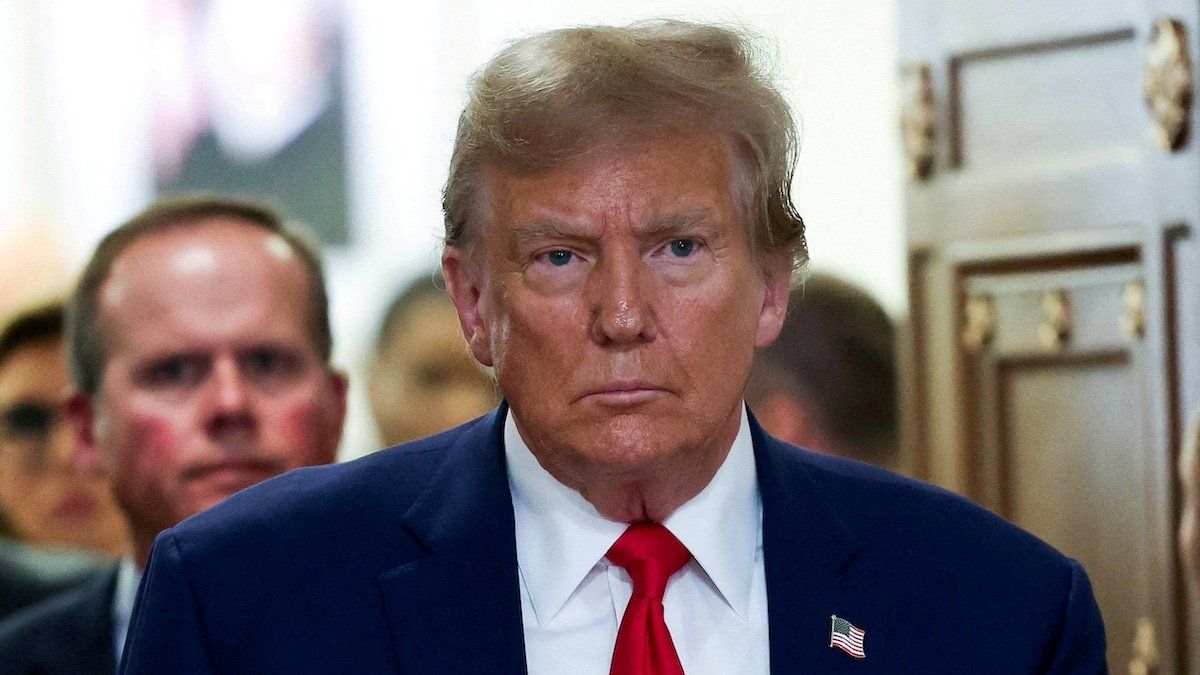The US Supreme Court agreed to rule on former President Donald Trump’s contention that he is immune from prosecution for his actions in office, a surprise decision that will delay Trump’s trial for allegedly seeking to overturn the 2020 election.
Trump’s lawyers say a president can only be held accountable for actions taken in office through impeachment in the House of Representatives and conviction in the Senate. Critics say that would essentially put any president above the law – as Judge Florence Pan elucidated by asking Trump’s lawyer whether under this theory a sitting president could assassinate a rival and remain immune (Trump’s lawyer said “yes,” by the way).
What happens now: The Supreme Court set a trial date of April 22, and froze all Trump’s DC court proceedings in the meantime. The months of delay may prevent a conviction in advance of the election, even if the Supreme Court rules against him. Polling shows moderate and independent voters would be less likely to back Trump if he is convicted, so delaying trial long enough could moot the question.



















